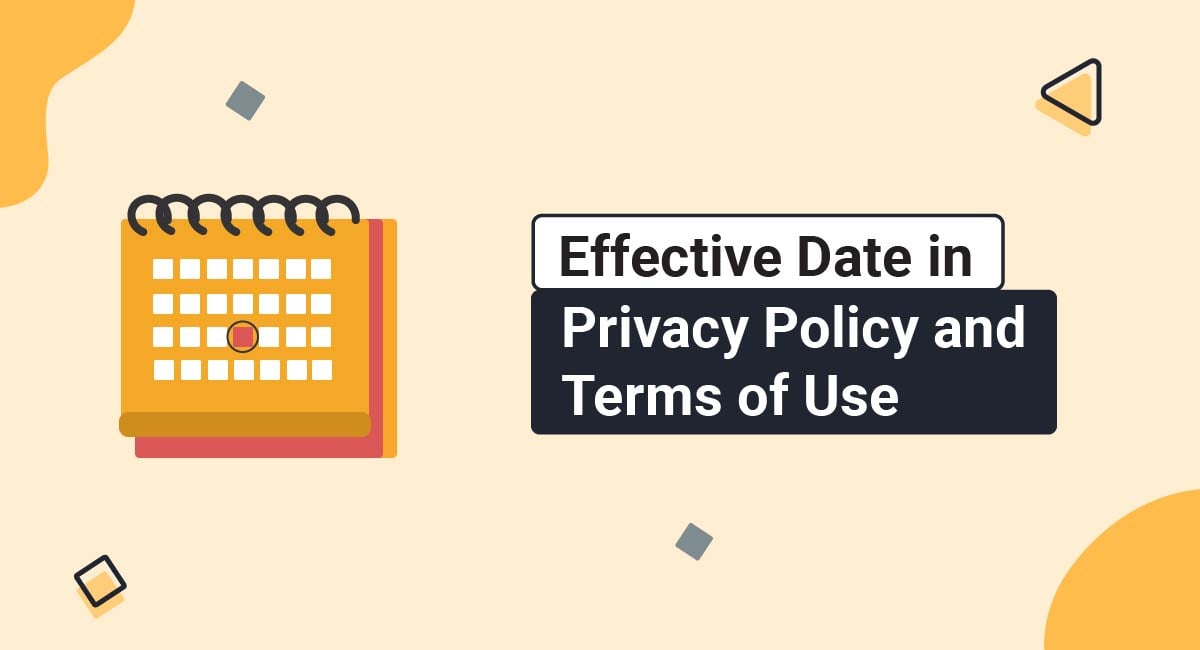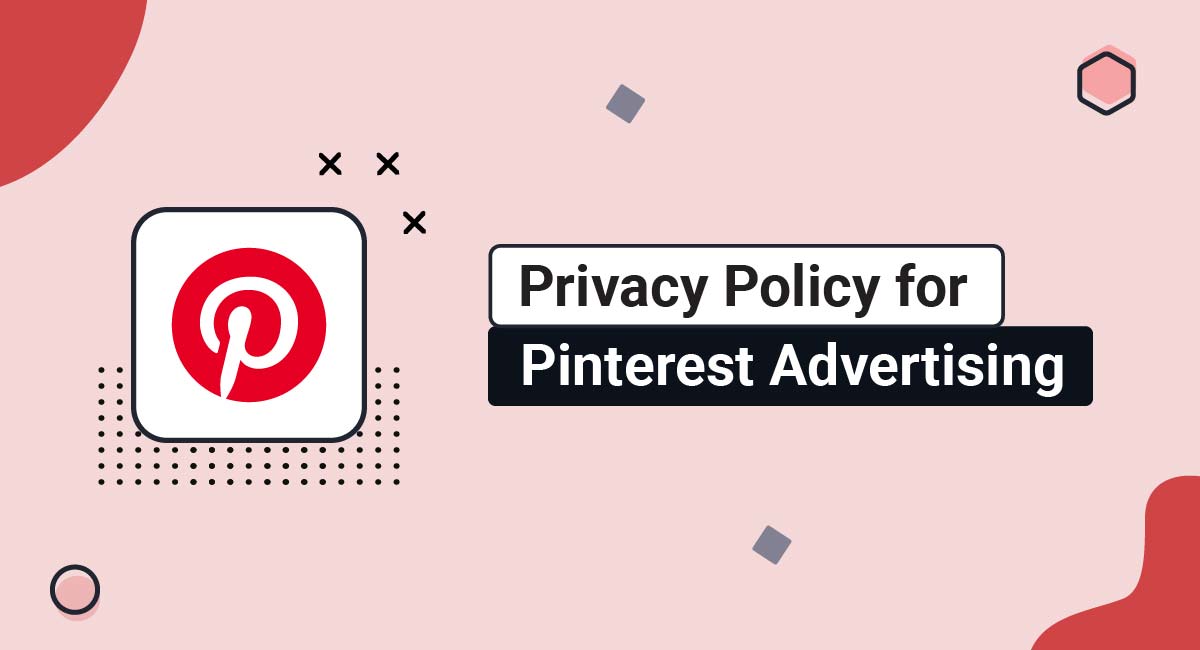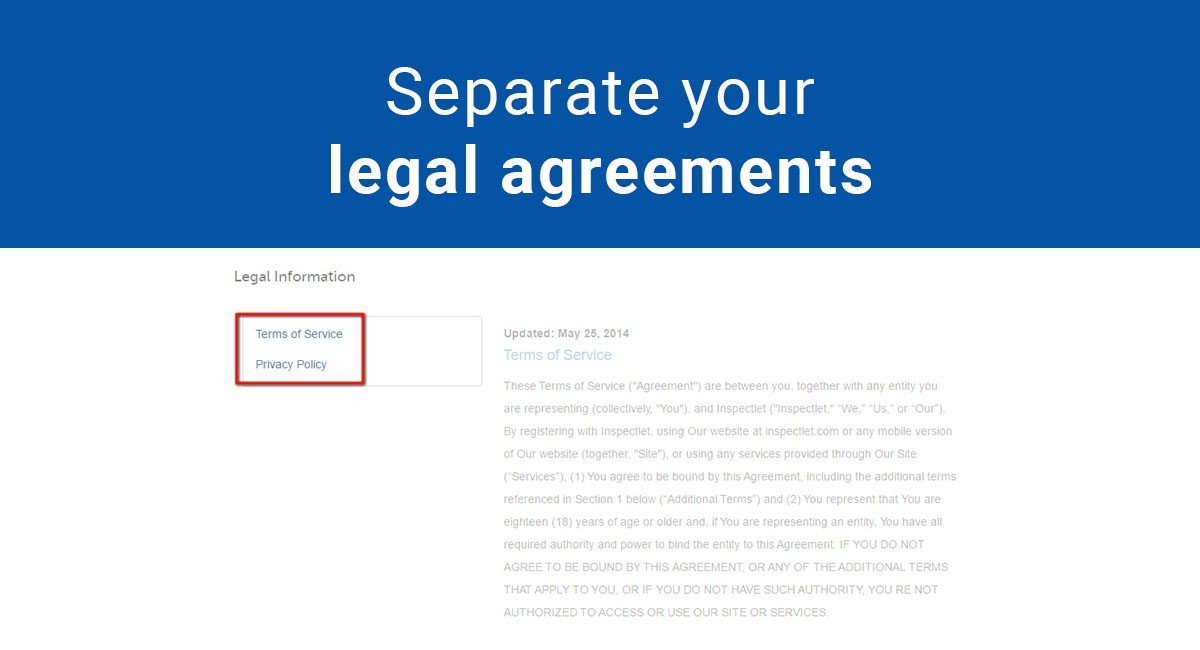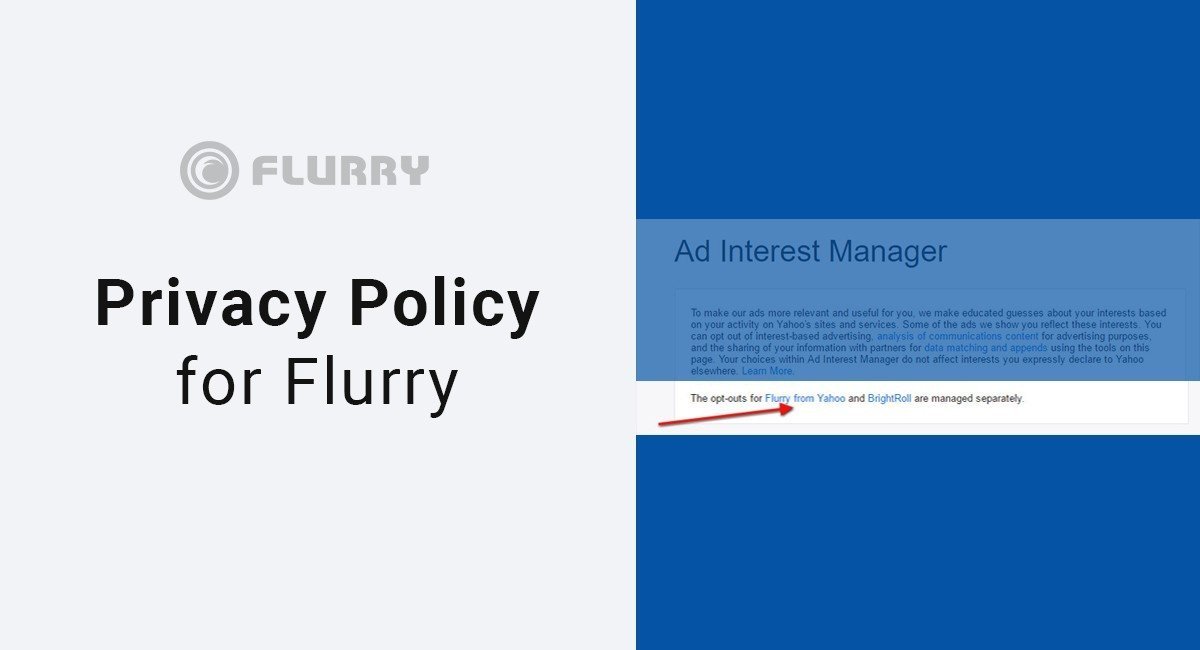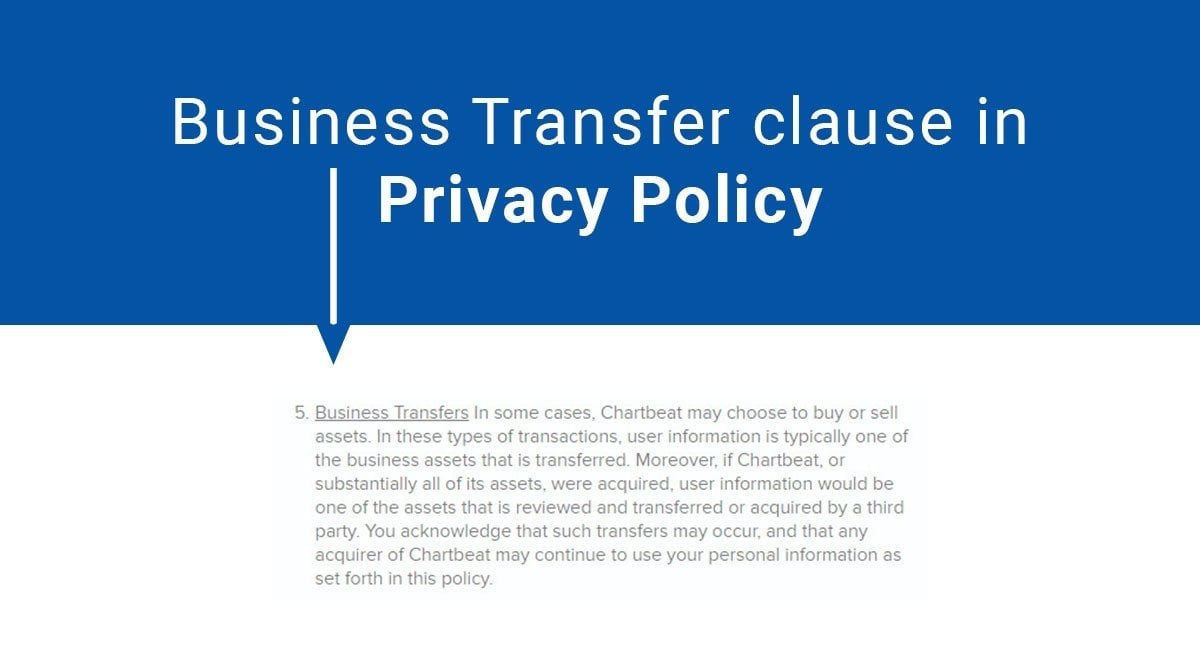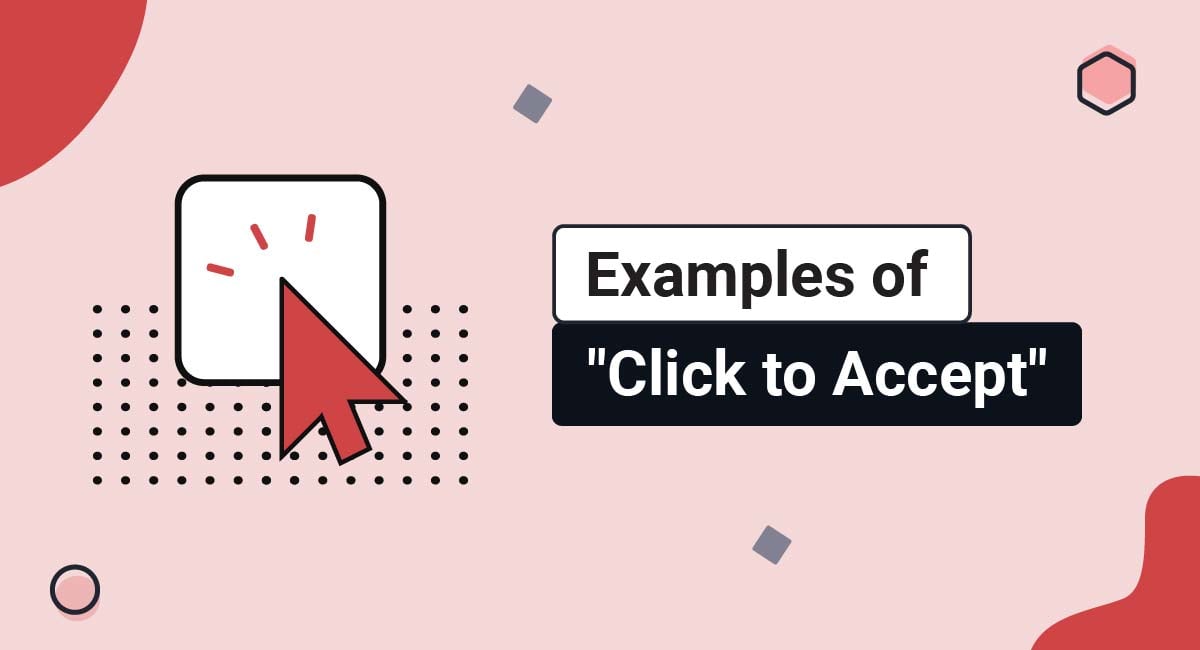Blog: Privacy Policy Agreements
Page 28
Navigate
-
EULA Agreements
-
Cookies Policy Agreements
-
Disclaimer Agreements
-
Privacy Policy Agreements
-
US Privacy Laws
-
Return Policy Agreements
-
Legal Requirements
-
EU Privacy Laws
-
Terms & Conditions Agreements
-
How to
-
Asia Privacy Laws
-
CA Privacy Laws
-
Consent
-
Templates
-
Consumer Privacy
-
AU Privacy Laws
-
LatAm Privacy Laws
-
Clauses
Effective Date in Privacy Policy and Terms of Use
If you subscribe to apps, it's not uncommon to receive emails regarding updated Privacy Policies or Terms & Conditions (T&C). Most agreements contain a date of when the revised terms became effective or finalized. Often generally referred to as the effective date, this is traditionally the date contract terms become enforceable. While...
Privacy Policy for Pinterest Advertising
Pinterest is a social media platform that enables users to curate and share images, GIFs, and videos through their account pinboards. Users can save pins to their boards and create customized digital scrapbooks. Pinterest's popularity continues to grow, and many merchants have found considerable success through its advertising services. Whenever Pinterest...
Always Separate Your Legal Agreements
If you run an online business, you'll need a wide range of legal agreements. Some may be required by law, while others aren't legally required but are agreements that you will really want in place in order to thoroughly protect your business. For example, if your website collects personal information from...
Privacy Policy for Flurry
Flurry Analytics is a feature of Flurry that lets app publishers track analytical information about how an app is being used. Platforms like Flurry collect non-personally-identifying information about users like what model and type of device a user is accessing the app on, what language, date and time the app is...
Business Transfer Clause in Privacy Policy
You not only require the right language - the Business Transfer clause - in your Privacy Policy but you also must be prepared to give users notice when you decide to sell your application or company. Users trust you with their data and that duty does not go away when you...
Examples of "Click to Accept"
The "click to accept" method is the most common approach when it comes to getting users to agree to your Terms and Conditions (also known as Terms of Use or Terms of Service), Privacy Policy and other important legal agreements. This article will explain why, and show some examples so you...
